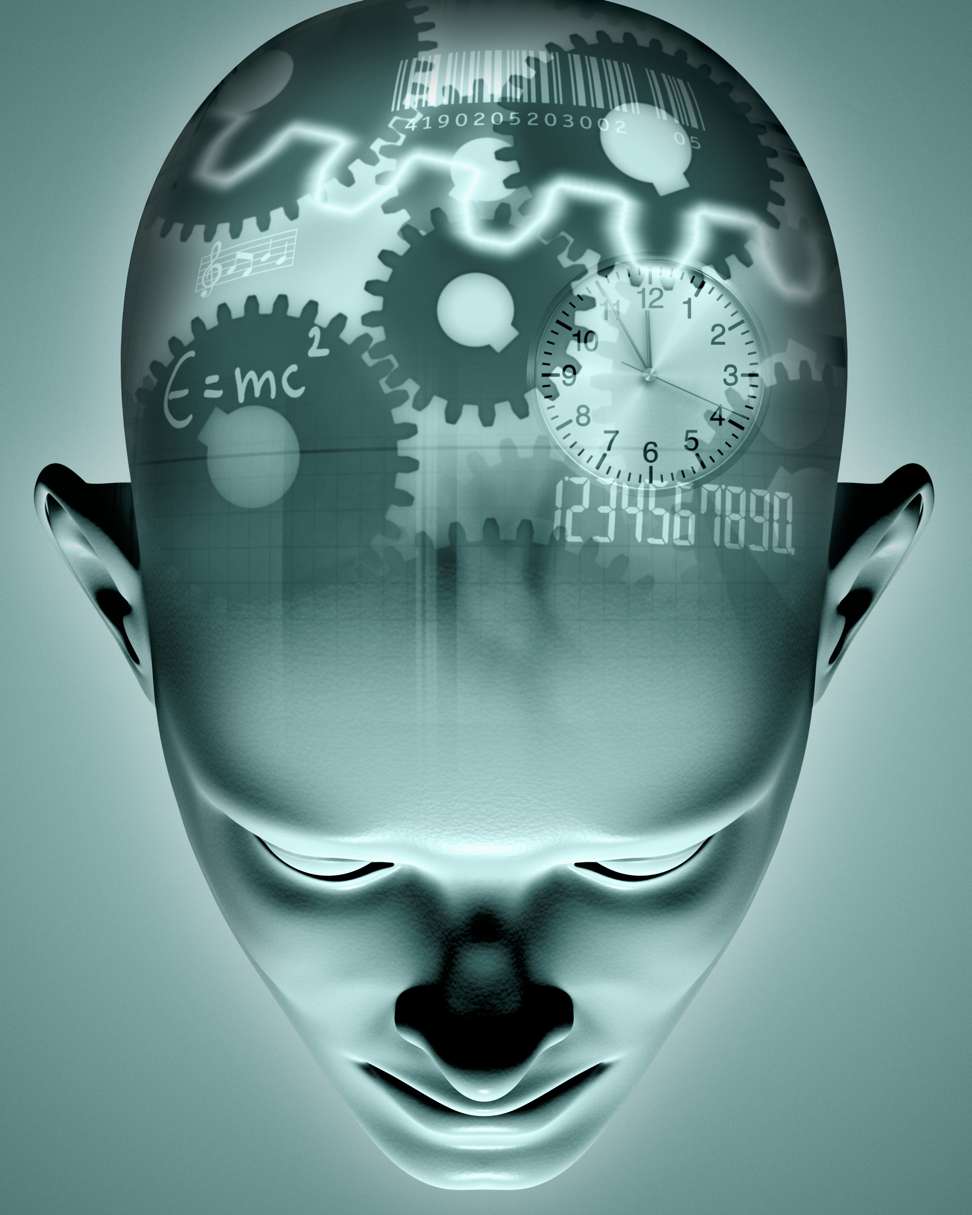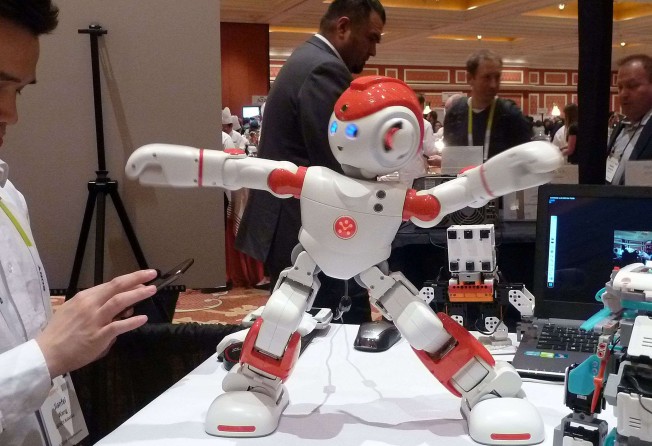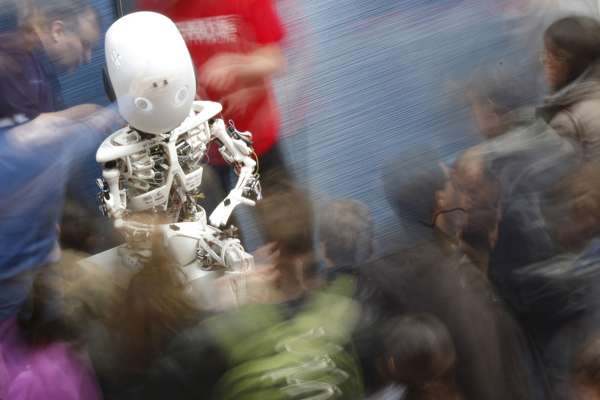
Artificial intelligence could put as many as 50m Asian jobs at risk over next 15-20 years: UBS study
On the flip side, it could create economic value of US$1.8 trillion to US$3 trillion a year by 2030 in Asia, and that China will see annual economic value between US$800 billion and US$1.25 trillion

The widespread adoption of artificial intelligence (AI) could put as many as 50 million jobs in Asia at risk over the next 15 to 20 years, with manufacturing-driven economies such as China taking most of the hit, according to latest research by UBS Wealth Management.
It says services-driven economies such as Hong Kong, Singapore and India, however, will be less affected.
“Ten to 15 million jobs will be at risk in China as traditional business models become obsolete,” said Sundeep Gantori, the lead equity analyst of the UBS research.
“If companies there fail to integrate AI into their business models they run the risk of market share loss and potential extinction, the magnitude of which should exceed that of the recent technological forces like e-commerce and smart devices,” he said.

Compared with low- and high-skilled jobs that require some level of personalisation, creativity or craftsmanship, medium-skilled occupations that involve predictable and routine tasks are expected to be more affected by AI.
Overall employee productivity, however, should increase sharply in Asia with the rise of AI, providing enough opportunities for employees to upgrade their skills and focus on other creative areas.
As such, AI should also ultimately create many millions of new jobs in Asia, resulting in net job losses that should be far less and relatively manageable, said the UBS report.
AI is now at the centre of a myriad of real world applications, from facial recognition software and cybersecurity to more futuristic technologies such as autonomous self-driving vehicles.
Chinese tech companies, including internet heavyweights Baidu, Tencent and Alibaba Group, have been pushing harder into AI to gain a leg-up before the technology makes a more profound impact on people’s lives.

Despite the impact to some people’s careers, Gantori argues AI could produce economic value by introducing new product services and categories, lowering overall prices and making improvements in lifestyles.
UBS predicts AI is estimated to create economic value between US$1.8 trillion and US$3 trillion a year by 2030 in Asia, and that China will see economic value between US$800 billion to U$1.25 trillion a year.
“We believe economies that can embrace AI rather than oppose it will be the ultimate beneficiaries. On that basis, city states such as Hong Kong and Singapore have an edge, given their first-mover advantage and flexibility,” he said.
AI will likely have a disproportionally high impact on the financial services, health care, manufacturing, retail and transport industries, which together contribute around two-thirds of Asia’s gross domestic product currently.